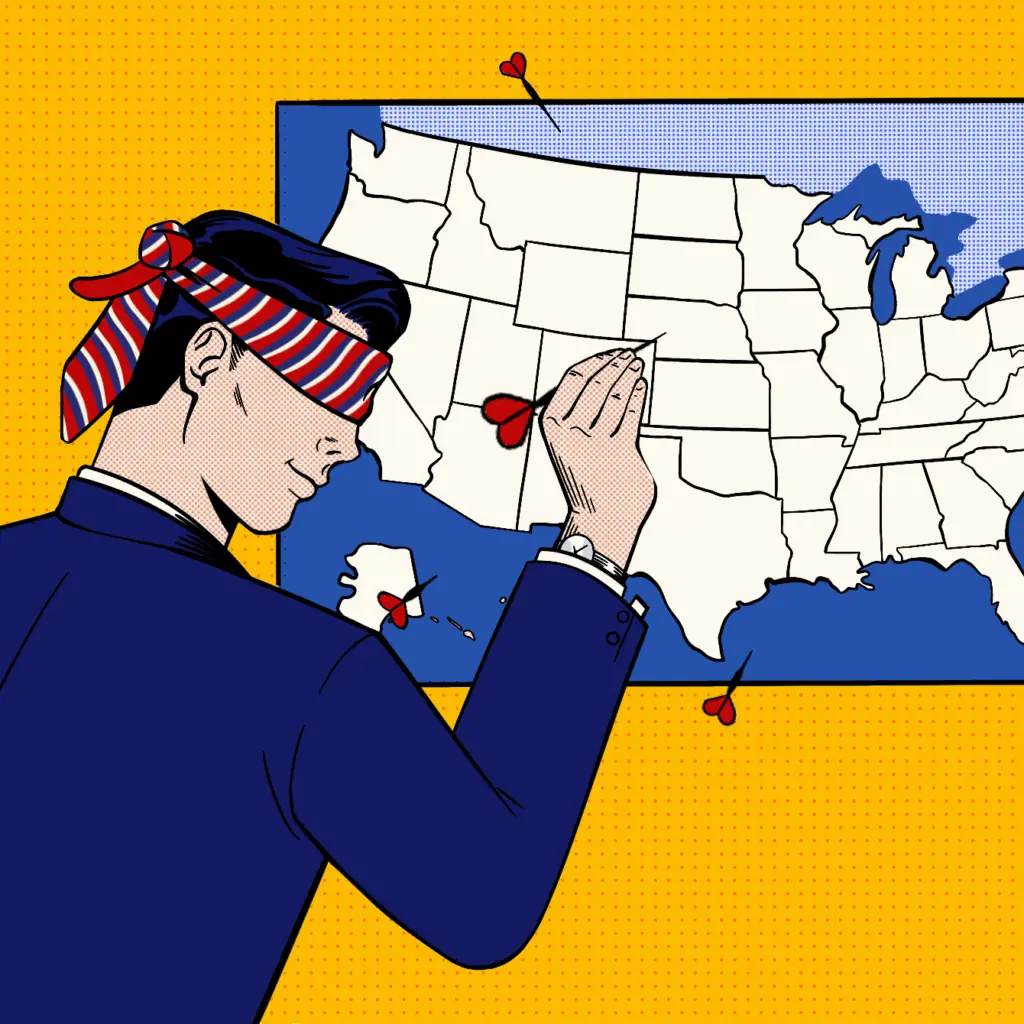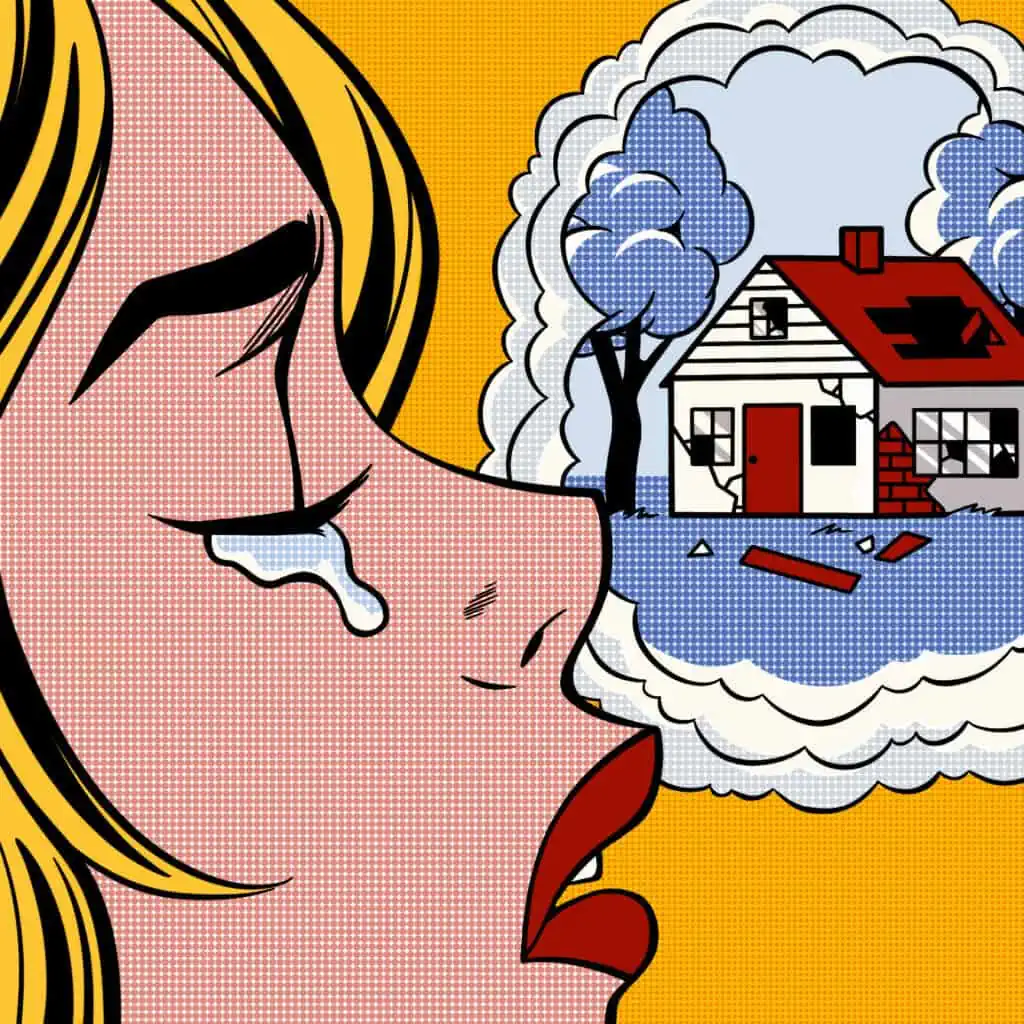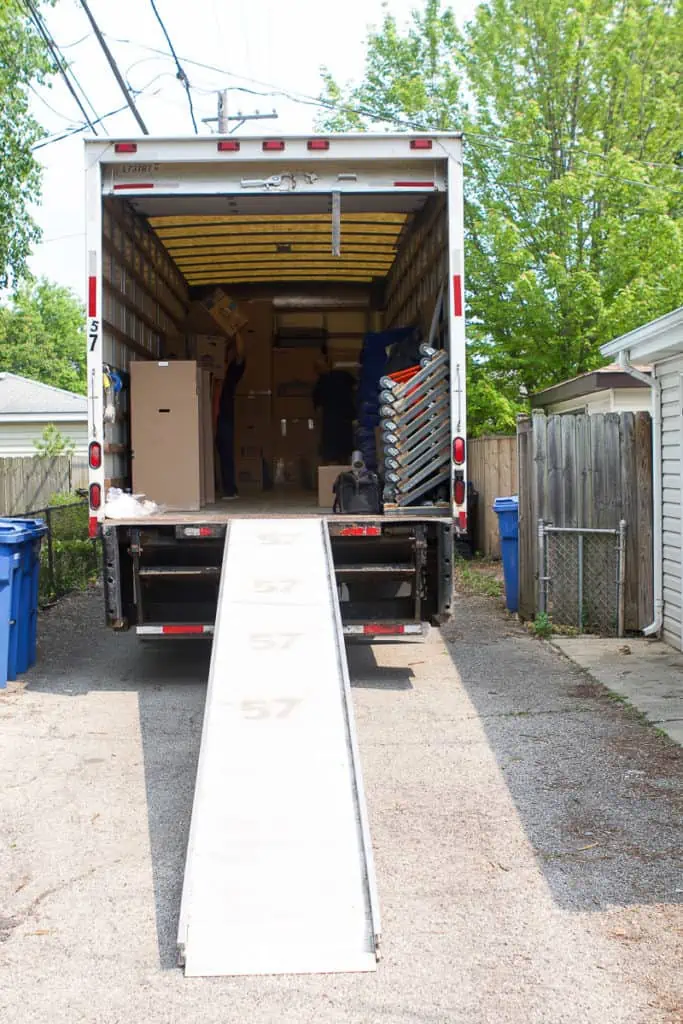Key Findings
- Despite some regrets, 82% of respondents admit that moving has changed their life for the better
- 30% of Americans that we surveyed regret at least something about their move
- People who moved due to COVID are most likely to regret their move (31%)
- Among those who regret their move, “moving away from their friends” (49%) and “leaving the area they used to live in” (40%) are the top regrets
- A quarter (26%) of people regretting their move felt that way immediately after moving
- Regretting their moves, 15% of respondents are considering moving back to where they used to live
- Location (51%), size (41%), and layout (38%) of home are most appreciated aspects of new home
Do people actually regret moving? Whether moving for a new job or to retire, moving in with a significant other, or moving back in with your parents, there are many factors at play for making the big jump.
This is why it seems perfectly natural that no matter how hard we prepare for our move, we might regret something about it afterward.
And yet, most Americans who moved in the last year don’t regret their decision. In fact, most believe it made their life better, despite some reported complex feelings from those who did end up regretting their moves.
Read on as we break down our most recent survey of over 1,200 people who moved over the last year.
A Regret Shared: Almost One in Three Americans Who Moved Have at Least Some Regrets
While most of those who moved in the past year don’t look back, about a third (30%) have at least a few regrets about their move.
Millennials are the least pleased with their move, as 37% of them regret at least something about it—more than any other generation. Gen Z, on the other hand, is a lot more optimistic, as only 27% of them found something regrettable about their move.
Why people move might also have an effect on whether they regret it. Those who moved due to COVID, for example, are more likely to experience regret (31% versus 22%).
Similarly, those who moved in search of cheaper housing are somewhat predictably more likely to regret their move (33%) versus those who moved to a new and better home (19%).
Leaving Friends, Neighborhood, and Family: America’s Biggest Moving Regrets
People often claim they don’t like their living situation (e.g., rent cost, landlords). But what does the data say?
In truth, moving is more of a complex trade-off. Moving somewhere for work or study sometimes comes at the price of moving away from family; moving to a bigger, better home often means exchanging a bustling, vibrant city for quiet suburban living.
“While most of those who moved in the past year don’t look back, about a third (30%) have at least a few regrets about their move.”
So it’s no surprise that Americans reported these factors (over bad landlords!) as the most regrettable aspects about their overall move. According to respondents who reported having regrets about their most recent move, nearly half (49%) list moving further away from friends over all stated reasons.
Meanwhile, some 40% miss the area they used to live in, while 38% have regrets about moving further away from family, the latter likely exacerbated by the restrictions on family gatherings brought about by moving during the COVID pandemic.

But other moving regrets are less sentimental and more tangible. For 30% of people who claim to regret moving, it’s not where they chose, but how much they paid for the move that added to their disappointment. And for roughly 10%, it’s the choice of moving company they wish they could do over. (It literally pays to do your research.)
Instant Regret: A Quarter of Americans Who Regretted Their Move Knew It Immediately
When you know, you know, as the old saying goes. As many as 26% of Americans who have regrets about their move developed that feeling straight away. An additional 9% developed regrets after a week. Meanwhile, it took 26% one whole month to realize their newfound predicament.
That New Home Feeling: What Americans Like and Dislike About Their New Homes
Judging by our survey, if there’s one thing Americans make sure their new home delivers on, it’s location. Over 60% of those surveyed reported liking where their new place is, while only 9% aren’t happy with it.
“Millennials are the least pleased with their move, as 37% of them regret at least something about it—more than any other generation.”

The most common dislike with regards to the new place was financial. Almost one in five (19%) Americans who moved in the past year aren’t happy with the cost of their new home. In fact, people who moved specifically to save on housing costs are most likely (69%) to be unhappy with what they’re paying in rent or mortgage for their new place. Knowing this, it’s vital to make sure you compare the moving services in your area for the best possible price.
The Right Move: Despite Regrets, Most Feel Their Move Changed Their Life for the Better
More than 8 in 10 (82%) Americans who moved in the last 12 months feel that the move changed their life for the better. Even 77% of those who have some regrets about their new home or how the move went seem to believe it was the right thing to do.
Much like with regrets, people who moved for certain reasons felt differently about the impact their move had on their life in general. For example, a reduced 69% of those whose move was forced by COVID felt the move affected them positively.
People whose primary reason for moving was a new or better job are also less likely to feel that way—only 68% of them felt their move had a positive impact on their life.
A small minority (5%) felt the opposite way, saying that moving made their life worse. Only about one in ten (13%) admitted moving didn’t really make a difference to them one way or the other.
Most people have difficulty with coping with and embracing change, even if change is for the better. This is probably why many Americans who moved in the last year have at least a few regrets about their decision, even though the data overwhelmingly suggests moving makes people’s lives better on the whole.
Sources and Methodology
All the figures referenced above are based on a multi-question survey of 1,253 Americans who booked and completed a verified move using HireAHelper.com within the last 12 months.

